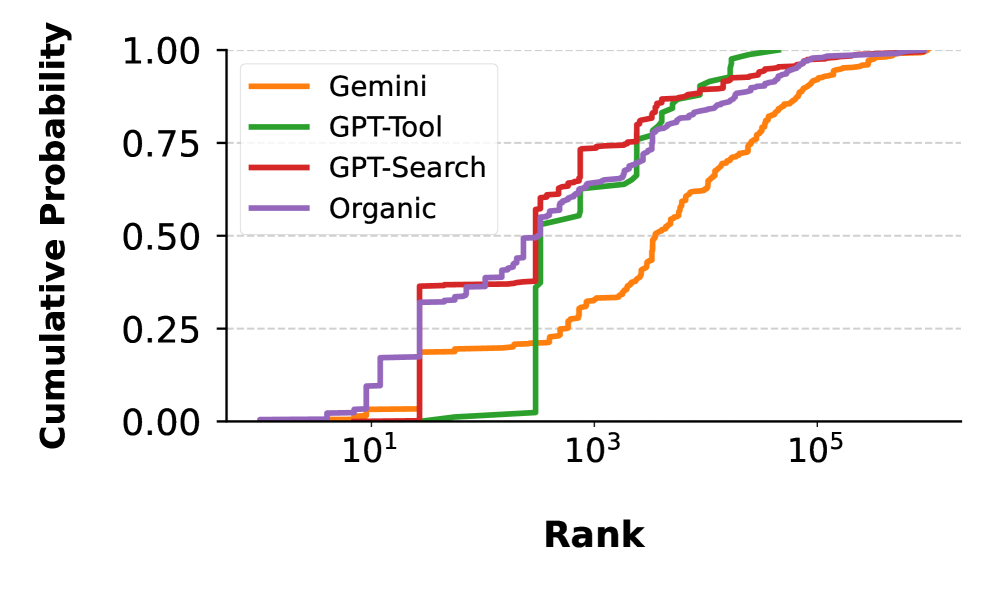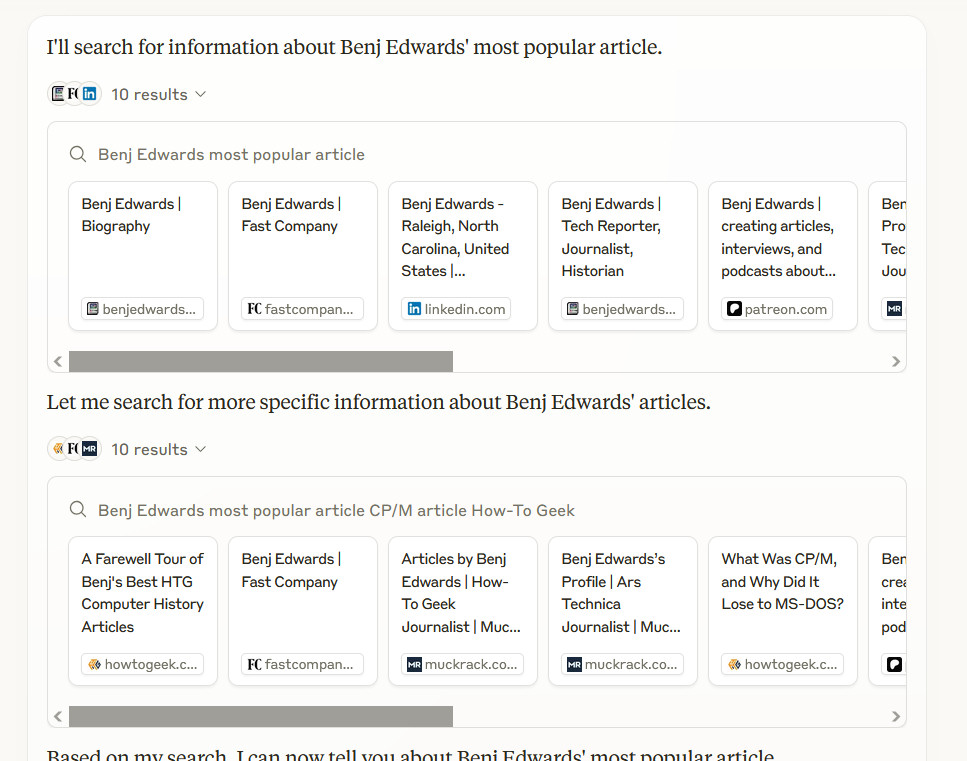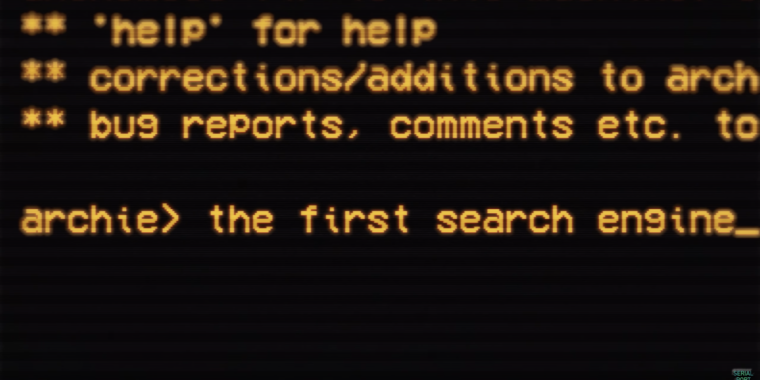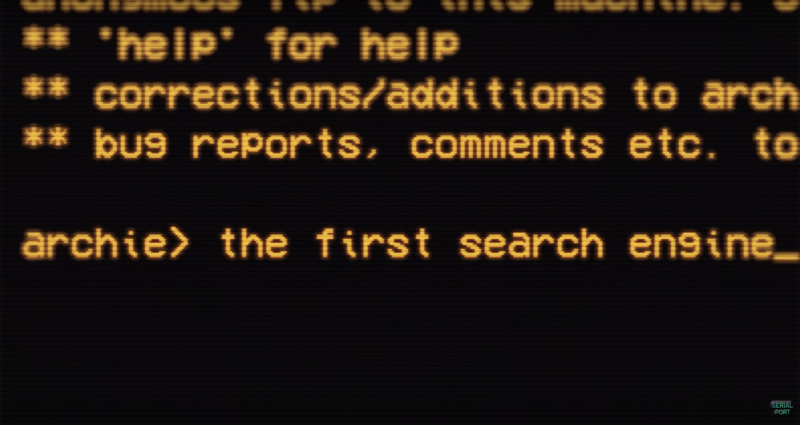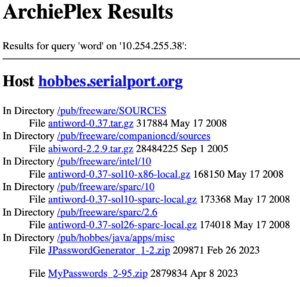AI-powered search engines rely on “less popular” sources, researchers find
OK, but which one is better?
These differences don’t necessarily mean the AI-generated results are “worse,” of course. The researchers found that GPT-based searches were more likely to cite sources like corporate entities and encyclopedias for their information, for instance, while almost never citing social media websites.
An LLM-based analysis tool found that AI-powered search results also tended to cover a similar number of identifiable “concepts” as the traditional top 10 links, suggesting a similar level of detail, diversity, and novelty in the results. At the same time, the researchers found that “generative engines tend to compress information, sometimes omitting secondary or ambiguous aspects that traditional search retains.” That was especially true for more ambiguous search terms (such as names shared by different people), for which “organic search results provide better coverage,” the researchers found.
Google Gemini search in particular was more likely to cite low-popularity domains. Credit: Kirsten et al
The AI search engines also arguably have an advantage in being able to weave pre-trained “internal knowledge” in with data culled from cited websites. That was especially true for GPT-4o with Search Tool, which often didn’t cite any web sources and simply provided a direct response based on its training.
But this reliance on pre-trained data can become a limitation when searching for timely information. For search terms pulled from Google’s list of Trending Queries for September 15, the researchers found GPT-4o with Search Tool often responded with messages along the lines of “could you please provide more information” rather than actually searching the web for up-to-date information.
While the researchers didn’t determine whether AI-based search engines were overall “better” or “worse” than traditional search engine links, they did urge future research on “new evaluation methods that jointly consider source diversity, conceptual coverage, and synthesis behavior in generative search systems.”
AI-powered search engines rely on “less popular” sources, researchers find Read More »

